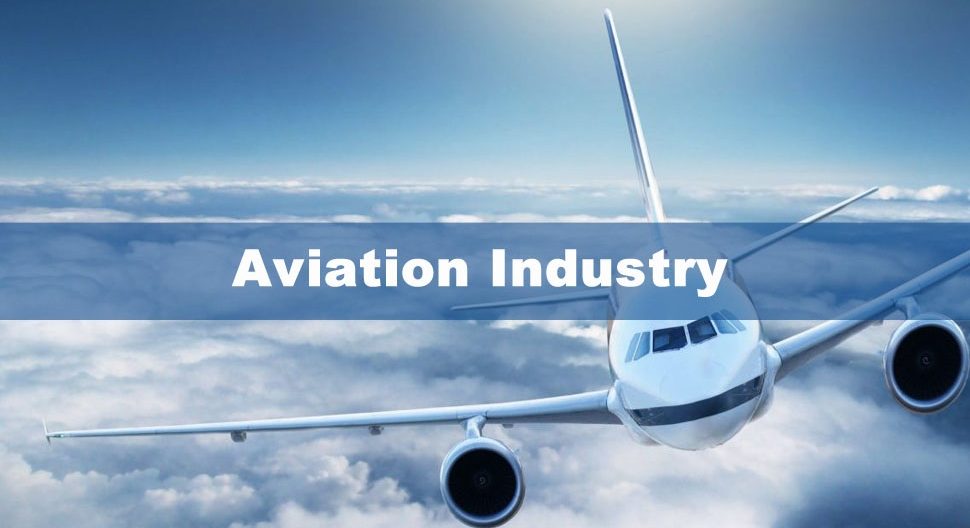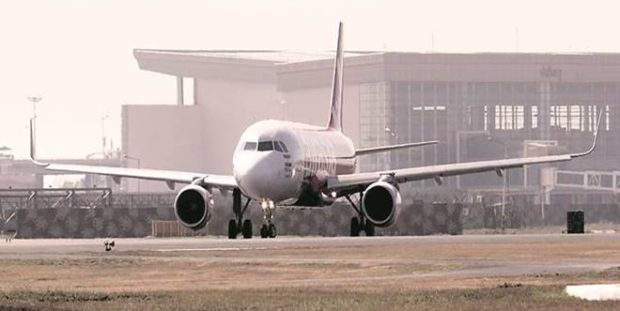- As you are aware, the pandemic-induced restrictions played havoc with the crucial sector like the aviation industry since traveling was curtailed. This unanticipated but unavoidable situation resulted in affecting both domestic as well as international aviation sector no end. We know how the entire services sector, including traveling and hospitality, was wrecked owing to a lack of mobility. As is the case with several sectors, the Indian aviation industry to is struggling to break out of the tough times ever since the outbreak of Covid. Remember, operations were suspended for a couple of months in 2020 and resumption came with conditions attached back then. Now, with the economy showing signs of picking up pace, a revisit on the restrictions is apt.

PC: Bohatala
- Mind you, given the nature of the health emergency, there were limits imposed on the number of seats that could be occupied in an aircraft. Such a measure was apt considering the situation when an unknown entity like the Covid-19 stuck. Simultaneously, the Government of India also extended assistance in the form of a price band for air tickets that initially provided a floor price when operating conditions were tilted against airlines. Recollect, how even GST on domestic maintenance and repair was lowered from 18% to 5% to tide over the prevailing crisis. Thankfully, normalcy is back in domestic aviation now and as such, restrictions imposed on seating have been removed. Welcomingly, the passenger load factor to has increased.
- Some statistics made available make for an interesting read though. On May 31, it ranged between 77% and 87% for the six large domestic airlines. Given the overall improvement, the lingering anomaly in the domestic aviation policy is the price band on air tickets that is applicable on a rolling basis for 15-day cycles. However, it is at odds with the March 1994 decision to deregulate tariff fixation in the aviation industry, a milestone in the liberalization of the sector. Nonetheless, there’s no case for regulating tariffs any longer and it should be freed forthwith rather than continue with the counterproductive as well as restrictive measure. The moot point to ponder over here is why the Union Government is still sticking with the tariff regulation.

PC: Arun Nayal
- An argument made by the Government of India in favour of tariff regulation is that it helps both airlines and flyers alike. However, experience across multiple industries, aviation included, has shown that it actually ends up creating distortions that lead to rent-seeking behaviour. Consider this, if input costs, particularly aviation turbine fuel that normally represents about 40% of operating costs, are increasing, airlines should be free to price tickets to reflect it. Look at the emerging scenario and how it is primed to play out. With the imminent increase in competition in domestic aviation, some firms may want to use pricing as a tool to attract traffic. A regulatory floor price should not prevent it. Mind you, save for ensuring safety standards are met, there’s no case for micromanagement in aviation. The authorities should consider this.





